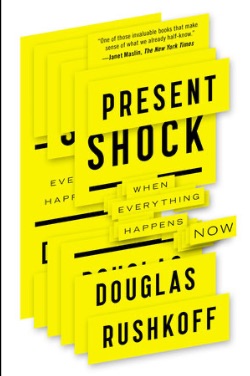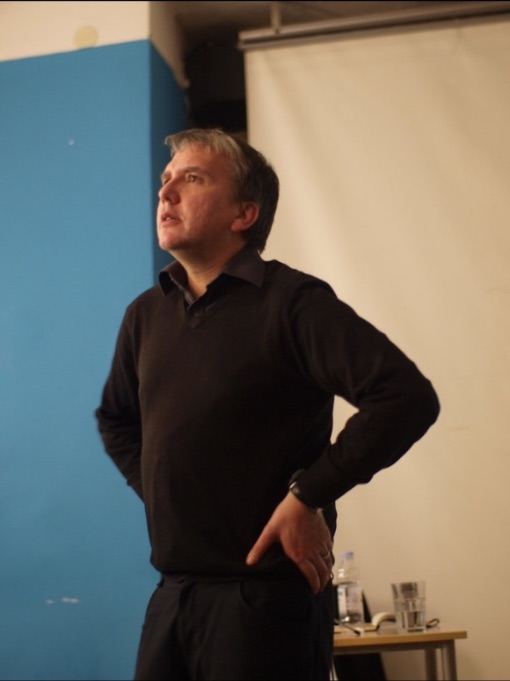September 12, 2025
Culture
What we learned when a Zen priest took over the Harvard Study

Harvard psychiatrist Robert Waldinger recently shared new findings from the world’s longest study of adult life—an 85-year investigation into what makes people truly happy and healthy.
The Harvard Study of Adult Development is one of the most extensive longitudinal studies of human well-being ever conducted. It began in 1938, tracking 724 young men from two starkly different groups: Harvard undergraduates from privileged backgrounds and teenage boys from disadvantaged Boston neighborhoods. Participants were interviewed regularly about work, family, friendships, and major life events, while doctors conducted ongoing medical evaluations. In later years, researchers added genetic testing, brain scans, and detailed questions about marriage and social connections. The project eventually expanded to include spouses and children, following more than 2,000 family members.
Waldinger became the study’s director in 2010, the fourth in its history. Alongside his roles as psychiatrist, psychoanalyst, and professor, he is also a licensed Zen priest and teacher. Under his leadership, the study broadened its focus to include new generations and contemporary questions about happiness and well-being.
Earlier findings revealed that the single strongest predictor of long-term happiness and health is the quality of one’s relationships—not material success, wealth, or fame. Close connections with friends, family, and community directly enhance both mental and physical well-being.
Now, drawing on his Zen practice, Waldinger highlights mindfulness, impermanence, gratitude, and compassion (metta) as practical skills for sustaining healthier relationships. Accepting suffering, practicing kindness, and cultivating a “beginner’s mind,” he says, all strengthen social bonds and personal resilience.
New insights from the study emphasize that “social fitness,” like physical fitness, requires continuous care. Regularly investing in relationships—spending time together, showing care, and actively nurturing connections—has profound benefits for both happiness and longevity. Conversely, isolation and weak social ties can be as damaging to health as smoking. Across the lifespan, meaningful relationships emerge as essential not only for joy but also for long-term vitality.
VIDEO: What 85 years of research says is the real key to happiness | Robert Waldinger: Full Interview




